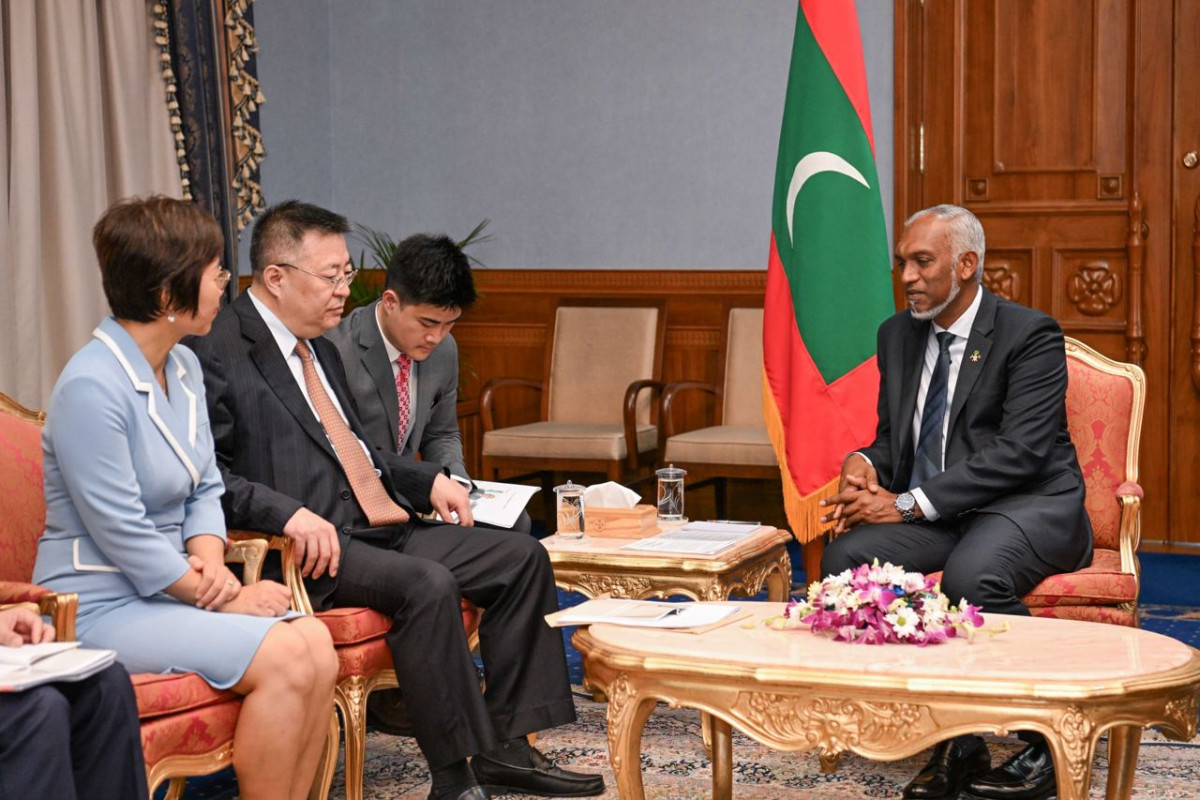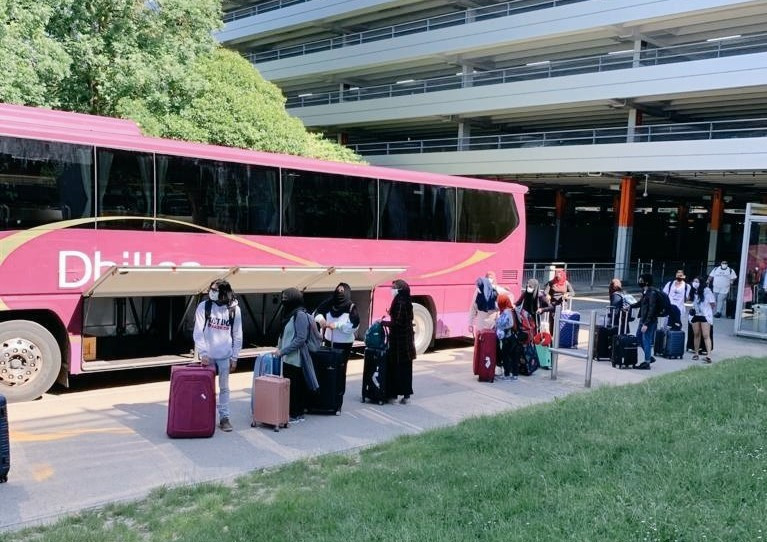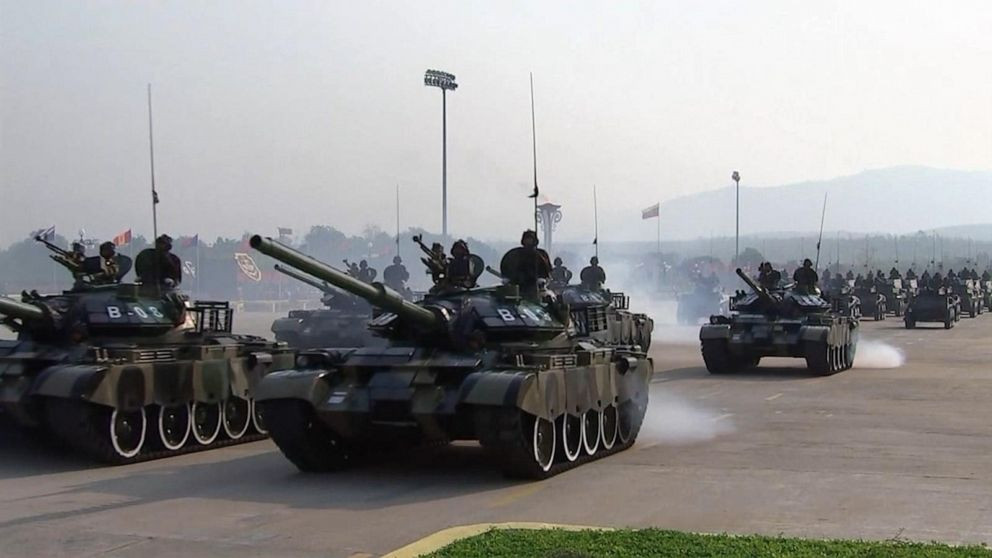Passionate politicking: why the People's Majlis is failing the Maldivian people
Several bills remained unpassed as the People's Majlis went into recess
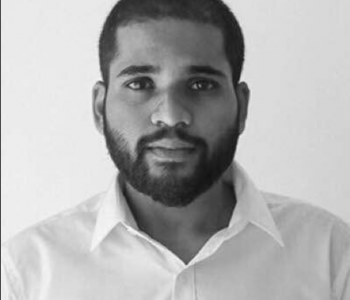
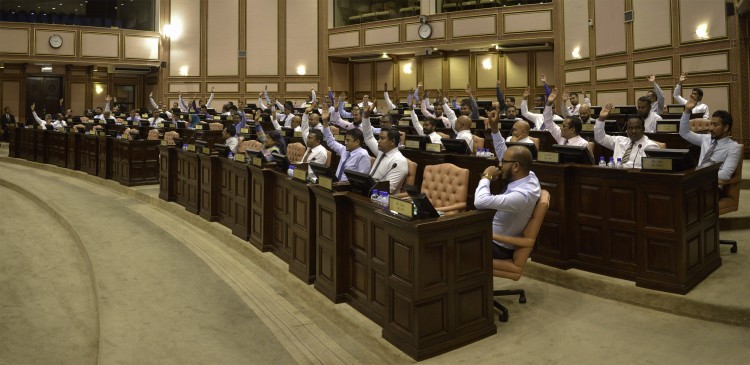
Parliamentarians at a People\'s Majlis sitting
“Members of the People’s Majlis should be guided in their actions by considerations of national interest and public welfare foremost” ~ Article 75, Constitution of the Republic of Maldives
The legislature of any democratic state plays an important role to facilitating the rule of ‘we, the people.' A parliament is the elected body that, together, represents the entire population. In the Maldives, those elected to our unicameral house, the People’s Majlis, are no different.
Our 114-page Constitution, mentions the People’s Majlis over 200 times. It defines the scope of their work, how members should be elected, what powers they have, and how they must conduct themselves. Our parliamentarians are expected to put the interests of the nation before their own. They are required to quieten the paltry demands of individualism and work for the betterment of the entire nation.
However, the conduct of those who have sat, stood, and spoken on the Majlis floor during the past decade, over the span of two tenures, has been antithetical to the ideals expressed in the Constitution. And now, in April this year, Maldivians will go to the ballot box to elect another set of parliamentarians to represent them for the next five years.
The year 2008 was a foundational one; a new Constitution was adopted and statutes to support it were passed and ratified. Ousted strongman, former president Maumoon Abdul Gayoom managed to secure a majority in the Majlis after losing the presidential elections to former president Mohamed Nasheed.
Nasheed says now that not having acquired a parliamentary majority was one of the biggest obstacles to his government, as legislation was often filibustered, and part of what ultimately led to the early fall of his administration. The Majlis since it was constituted under a multi-party system has been described as a ‘playground’, a ‘circus’, a ‘facade’, and a ‘haven for corruption’.
Former President Abdulla Yameen’s critics described him to have used the Majlis as an instrument geared at upholding his own ‘despotic rule’. These allegations, political as they are, came with reason. During his tenure, several bills were proposed, expedited, and ratified; almost always with a direct correlation with whatever was going on in the political realm at the time.
On March, 2016, Yameen’s government submitted a legislation to criminalize defamation, which was expedited by the former president’s loyalists within the Majlis and passed amid protest from journalists and civil society organizations was repealed nearly as quickly as it was passed after Majlis majority shifted to Yameen’s opponents.
In fact, other legislations passed in a similar manner during Yameen’s tenure and under the watch of then parliament speaker Abdulla Maseeh – who managed to survive multiple no-confidence motions through luck and procedural maneuvering – has met with similar outcomes under the new government.
An amendment to electoral laws barring those aged over 65 from contesting for president, ratified by Yameen in 2015, was repealed within a day – with it staying in committee review for little under an hour. When this piece of legislation was proposed, popular belief was that it was directly meant to keep Jumhooree Party leader Qasim Ibrahim, now himself speaker of the Majlis, from the President’s Office.
A legislation passed in 2018 with members of the coalition’s parliamentary group absent, which bars individuals in asylum abroad from contesting for president, has also now been repealed, along with the anti-defection law.
It is fair to say that all these legislations have been said to tread on constitutional rights of various groups in our society, and thus they needed to have come undone. There were important legislations on the agenda when the Majlis was allowed to go into recess.
Government aligned MP Imthiyaz Fahmy submitted a landmark draft to regulate the legal professions, which promised not only to separate the lawyers from the judiciary but to hold the entire legal practice in the Maldives to an unprecedented standard.
While the Majlis had time to repeal the law barring people of retirement age from running for president, which has no urgent implications owing to the fact that a man was just elected and sworn in as president, this bill remains on the agenda.
In fact, while the bill remains without coming to a vote, the Department of Judicial Administration in December opened opportunity for a new batch of lawyers to be given license to practice, under the old regulation.
The bill seeking to grant statutory empowerment to President Solih’s inquiry commissions have also remained without being brought to a vote. Husnu Suood, who heads the ‘Commission on Deaths and Enforced Disappearances’, has said that had the bill been passed, it would have greatly accelerated their investigation.
Revision of unjust laws ratified by Yameen was on the government agenda. What about other laws that were to be passed under the first 100-day agenda? Such as Child Rights Protection bill and the bill to deter illicit enrichment. What of the bill to strengthen higher education and the bill on non-government organizations? There was also no Consumer Protection Act, no Anti-Trust Act, no Juvenile Justice Act, and no Whistleblower Act. There is also a review of the current law on evidence, which has been in said state for two years now.
Seems to be, these laws are less urgent. At least our esteemed Majlis speaker is now once again eligible to run for president. To place blame entirely on the government is unfair, as President Solih himself has expressed dismay at 'MPs, for whatever reason, allowing the Majlis to go in recess without passing these laws'.
This situation was to be rectified through an extraordinary sitting, which is yet to be scheduled. The Majlis will reconvene for regular sittings on February 7th, this Thursday. It would be to the credit of our honourable parliamentarians if they would focus their attention on matters pertaining to the concerns of the public, and not the political rights of themselves and their peers, important as they may be.

